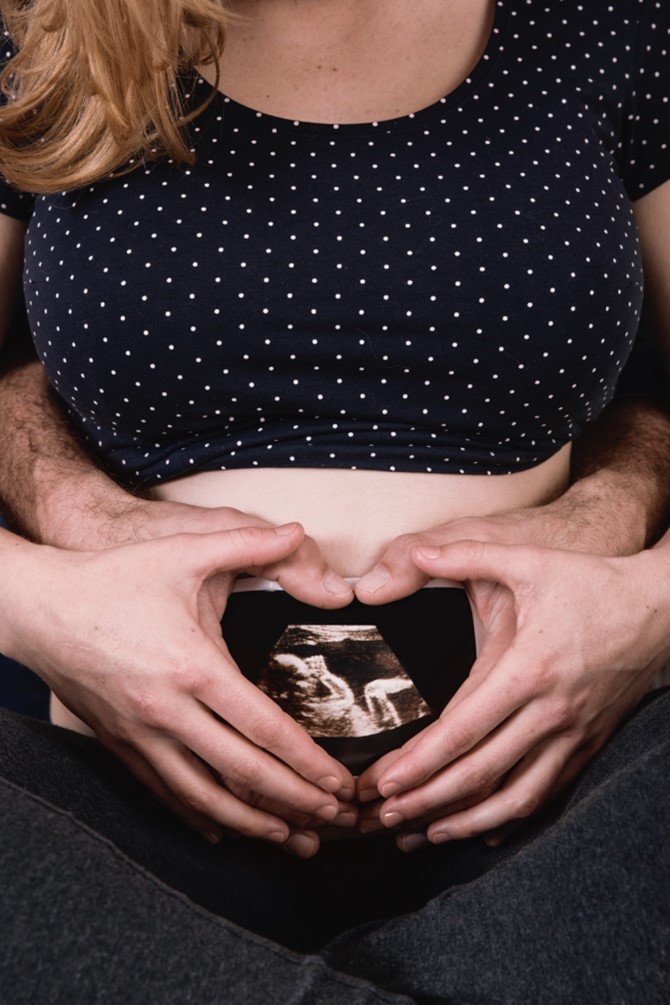Egg freezing, medically known as oocyte cryopreservation, is a procedure to save a woman's eggs (oocytes) for future use. This process involves harvesting eggs from the ovaries, freezing them, and storing them for later fertilization.
In recent years, egg freezing has emerged as a revolutionary technology, offering women the opportunity to preserve their fertility for the future. This blog delves into the world of egg freezing, explaining what it is, why it is done, and what you can expect from the process – all in simple, easy-to-understand terms.
Why Consider Egg Freezing?
Women opt for egg freezing for various reasons:
· Career or educational goals: to focus on professional or academic pursuits without the biological clock pressure.
· Medical reasons: before undergoing treatments like chemotherapy that might affect fertility.
· Personal reasons: such as not having found the right partner yet.
The Egg Freezing Process
· Consultation: initial consultation with a fertility specialist.
· Ovarian stimulation: hormonal injections to stimulate the ovaries to produce multiple eggs.
· Monitoring: regular ultrasound and blood tests to monitor egg development.
· Egg retrieval: a minor surgical procedure to collect the eggs.
· Freezing: eggs are frozen using a process called vitrification.
Success Rates and Considerations
· Success depends on various factors, including age at the time of freezing.
· Younger women typically have a higher success rate.
· Not all frozen eggs will survive the thawing process, and not all will lead to a pregnancy. The recovery rate after thawing is 90% for frozen oocytes.
Risks and Side Effects
· Hormonal stimulation can lead to bloating, mood swings, and discomfort.
· Rarely, it may cause Ovarian Hyperstimulation Syndrome (OHSS).
· The retrieval process carries minimal risks, like infection.
The Future of Frozen Eggs
· Frozen eggs can be stored for many years.
· When ready, they can be thawed, fertilized, and implanted in the uterus through in vitro fertilization (IVF).
Making the Decision
Deciding to freeze your eggs is a personal and sometimes complex choice. It's essential to discuss with a fertility specialist to understand the implications, success rates, and costs involved.
Conclusion
Egg freezing offers a promising option for women who want to preserve their fertility for future family planning. By understanding the process, risks, and potential outcomes, you can make an informed decision that aligns with your life goals and circumstances. Remember, advancements in reproductive technology are continuously providing more opportunities for family planning, and egg freezing is at the forefront of these developments.



